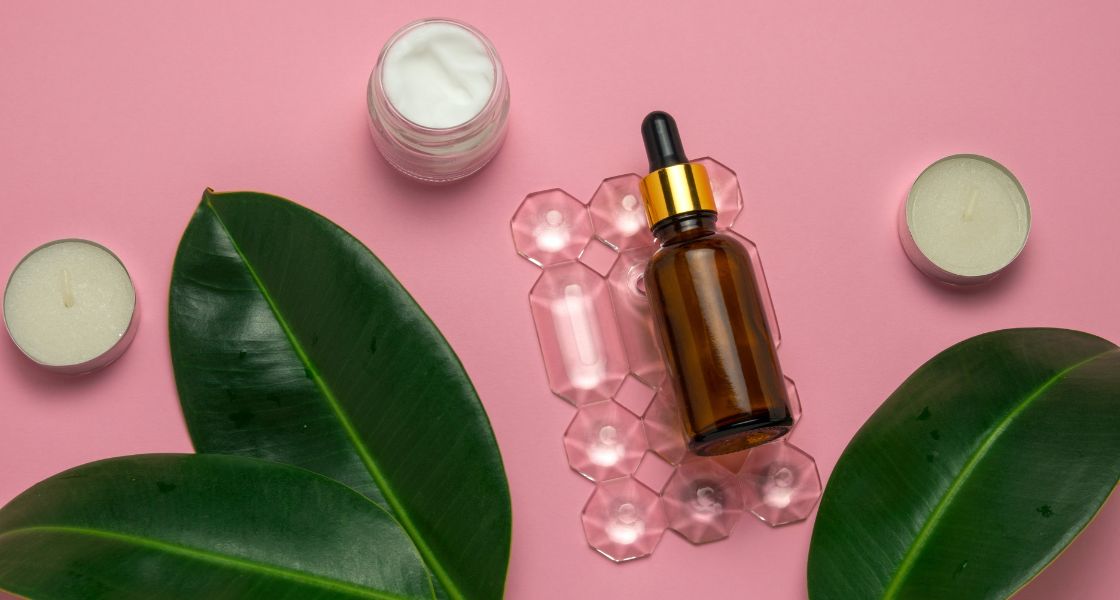The eco-friendly trend has reached the skincare sector, and most people are now looking for natural beauty products. They avoid unpronounceable skincare ingredients and aim for all-natural products. It leads beauty product consumers to prefer DIY skincare to store-bought ones.
Here is a myth about natural skincare: what is eatable is good for the skin. No, and in some cases, it may have tragic consequences.

The myth about natural skincare
The majority of us have a tendency to be lulled into a false sense of security by natural skincare ingredients, particularly if they are everyday items. It’s possible that some spices, fruits, or cereals are good for you, but if you put them on your skin, they could cause an allergic reaction.
Cinnamon is the perfect illustration of this. Baking goods and warm beverages both benefit from the use of cinnamon as a flavorful spice. It is not dangerous to consume up to a specific quantity, but it poses a threat to health if it is put on the skin. If cinnamon is applied directly to the skin, many people experience allergic responses, including burns that can sometimes result in scarring.
Mineral oil, which is derived from petroleum, is much safer for the skin than other chemical ingredients because it is a superb emollient and does not cause any allergic reactions. However, many people are less likely to trust chemical substances such as this.
The danger of DIY skincare
Products of natural origin that are purchased in stores are risk-free. They are put through dermatological testing to guarantee that they are efficient without causing any adverse effects in the skin. The primary problem is do-it-yourself skincare recipes, even if they solely use natural and edible components in their formulations.
First, the majority of recipes that can be obtained online have not been evaluated by dermatologists, and they frequently do not include any warnings, such as performing a patch test before using the product. Because various people’s skin reacts in different ways, patch testing is really necessary. If you have a sensitivity to one of the ingredients, the all-natural DIY mask recipe that your favorite blogger used may have given her fantastic results, but it may cause you to break out in an itchy rash.
Another potential danger is that of utilizing a substance that is of an excessively high concentration. Some natural components are wonderful when used in little amounts, but they can be dangerous when concentrated. You have no notion how much the active components in a cosmetic need to be diluted in order to be safe unless you have a degree in cosmetic chemistry. Keep in mind that the fact that a component is natural or derived from food does not necessarily guarantee it is safe.
It is even more accurate if you use store-bought or prescription-only skincare in addition to the homemade products that you make yourself. There are some ingredients that cannot be combined. Using food as elements in your skincare routine might be really irritating. When lemon juice is applied to the face, it frequently causes the skin to become more fragile, which can result in significant damage, particularly when combined with penetration enhancers.
